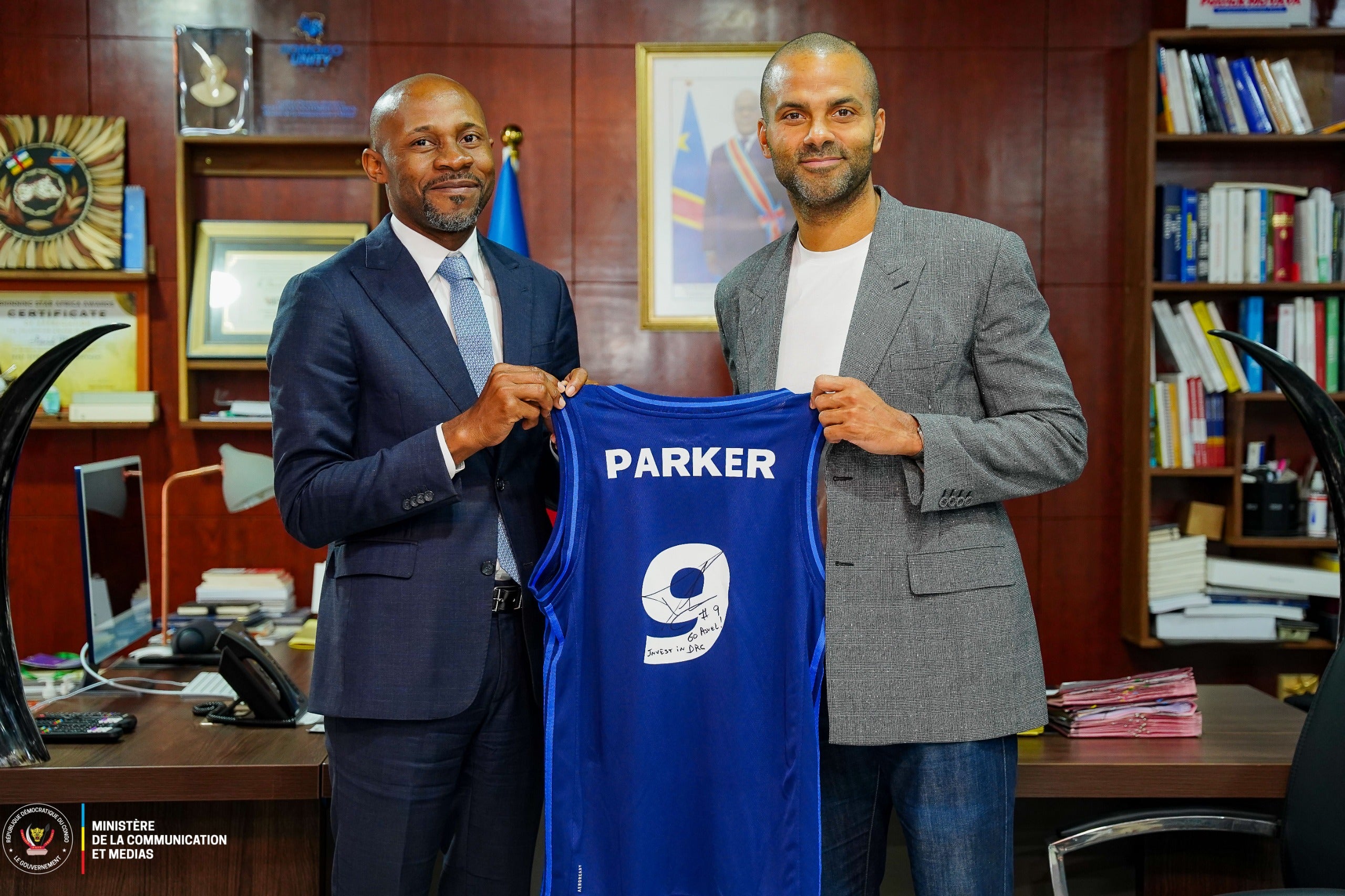
CAN 2025: Ivory Coast, Lifeline for Countries Without an Approved Stadium
The 2025 CAN, this great celebration of African football, promises to be a historic event for Côte d'Ivoire. But on the sidelines of the competition, a small revolution is underway: Côte d'Ivoire is transforming into a host country for teams without an approved stadium. Yes, you read that right! The host nation of the CAN, with its brand new infrastructure, is becoming the lifeline for several African selections that simply do not have a valid ground to host international matches.
A quick flashback : To be approved, a stadium must meet strict criteria imposed by the Confederation of African Football (CAF). It is not just a question of pitches, but also of equipment, security, accessibility, and much more. However, several countries have not invested in their sports infrastructure for decades. The result? Their stadiums are often declared non-compliant. In the case of the qualifiers for the 2025 CAN, five nations find themselves without a home venue. Among them, familiar with the problem, such as Benin and Guinea.
Faced with this impasse, Côte d'Ivoire, with its brand new stadiums, is playing the role of savior. It allows teams to come and play their qualifying matches on its land. An unexpected situation that makes some people smile, others grimace, but which above all marks a turning point in the management of international competitions in Africa.
A Necessary, But Ironic, Recourse
The irony in all this is that Côte d’Ivoire, once criticized for its lack of infrastructure, now finds itself in the position of official stadium lender. The modernization projects launched on the occasion of the 2025 AFCON have finally borne fruit. Félix Houphouët-Boigny, Bouaké, Yamoussoukro and San Pedro: the Ivorian stadiums are ready, brand new and worthy of the biggest international competitions. A real metamorphosis for a country that has realized that football is much more than a sport; it is also a diplomatic weapon.
For countries like Benin, Rwanda, Sudan, and Guinea, this hospitality from Côte d'Ivoire is a godsend. Not only does it allow them to play their qualifying matches, but it also avoids heavy sanctions from CAF, or even fines. But the situation reveals a deeper malaise: how come so many African nations cannot organize international matches on their own soil?
A Growing Phenomenon
If we look more closely, this situation is not new, nor specific to the CAN 2025. In recent years, more and more federations have been forced to seek refuge elsewhere to compete in international competitions. The case of Togo in 2021, which played in... Benin, or that of Chad, expelled from its own lands in 2020, clearly show that this is a continental problem. In 2021, the number of countries without an approved stadium has reached a worrying level.
This trend is largely explained by the lack of investment in sports infrastructure. Some governments prefer to invest elsewhere, abandoning stadiums that deteriorate year after year. CAF, for its part, is becoming increasingly strict on homologation requirements, especially after the many security incidents in certain stadiums, from Lagos to Douala. The result? Many African nations find themselves without a compliant stadium, like a tenant desperately looking for a room to rent.
Ivory Coast, a Soft Power in Full Expansion
Hosting the CAN qualifying matches for other countries is not only a gesture of sporting solidarity. It also strengthens Côte d'Ivoire's political and diplomatic influence on the African scene. By opening its doors to neighboring nations, it asserts itself as a pole of stability, a trusted partner, and above all, a growing regional power.
This is what we call soft power , the ability to seduce and influence not by force, but by cultural and diplomatic means. The successful organization of the CAN 2025 will allow Côte d'Ivoire to consolidate this role as a key player in West Africa. For now, the Ivorian stadiums resound with the chants of Beninese or Rwandan supporters, but soon, they will welcome the African football stars for the major competition.
A Model to Follow?
This situation could well set a precedent. Morocco, for example, has for several years played this role of savior for African teams without stadiums. With its modern infrastructure, the Kingdom has hosted many international matches, establishing itself as an essential alternative for federations in difficulty. Côte d'Ivoire seems to be taking the same path, and other nations could follow this example, notably in Cameroon or South Africa, two countries also well-endowed with infrastructure.
That said, not everyone shares this enthusiasm. Some observers point to "outsourcing" that only masks a broader problem: the poor management of sports infrastructure in many African countries. Because if Côte d'Ivoire can lend its stadiums today, what will happen if, in the future, more and more African stadiums close their doors due to lack of investment?
The Future of African Football: Between Solidarity and Necessity
This phenomenon of stadium rental should not be a long-term solution. It is imperative that African governments reinvest in their sports infrastructure. Football is a king of sports on the continent, but for it to continue to grow, it must have modern and safe infrastructure.
Ivory Coast, by playing this role of temporary host for teams without an approved stadium, is showing the way. But this generosity should above all serve as a lesson to other African nations: it is time to take the problem of sports infrastructure seriously. Without it, African football risks stagnating, even as it experiences spectacular growth in terms of talent and popular enthusiasm.
By the time AFCON 2025 rolls around, it is hoped that more and more countries will follow Ivory Coast's lead and invest heavily in their stadiums. In the meantime, teams without a fixed home know that they can count on the Ivorian warmth, both in the stands and on the pitch.



Leave a comment
This site is protected by hCaptcha and the hCaptcha Privacy Policy and Terms of Service apply.